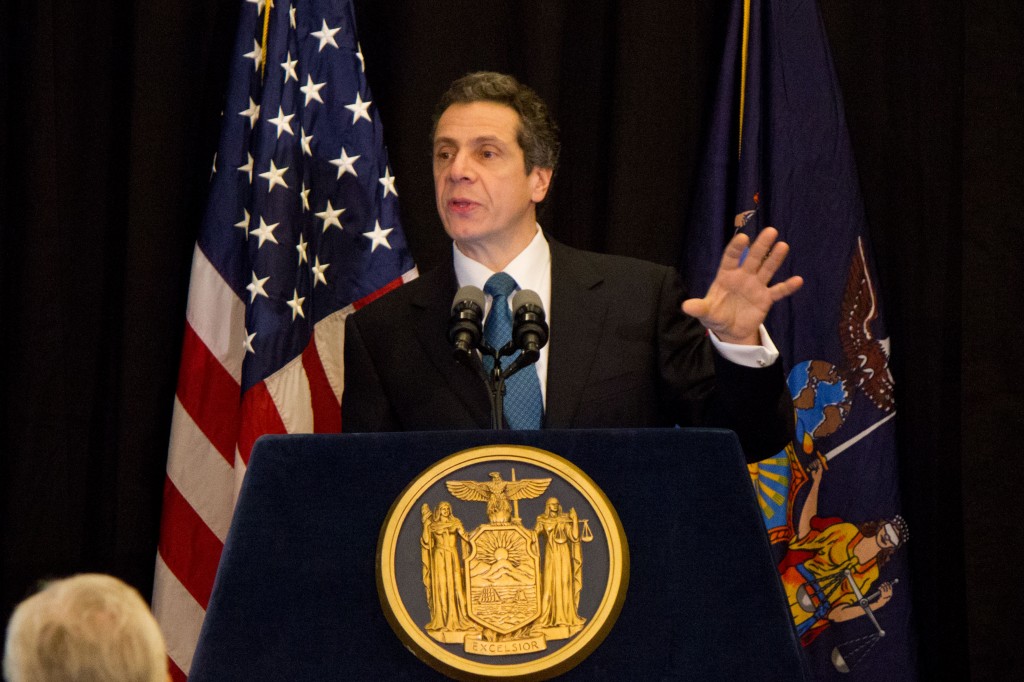
On Aug. 8, Governor Cuomo approved Binghamton University’s SUNY 2020 plan, green-lighting the construction of a new research facillity, an increase in the number of students, faculty, and staff on campus and a plan for increased tuition.
Binghamton University President Harvey Stenger credited Assemblywoman Donna Lupardo and Senator Tom Libous for their work on the proposal.
“Both Tom Libous and Donna Lupardo were involved in crafting the original legislation one and a half years ago,” Stenger said.
Lupardo expanded on the significance of her involvement and the inclusion of Binghamton in SUNY 2020.
“A plan was initially proposed that would have just applied to SUNY Buffalo,” Lupardo said. “As a member of the Assembly Committee on Higher Education and part of the higher education budget negotiating team that addressed SUNY 2020, I worked to ensure that Binghamton University was included along with the SUNY research institutions at Stony Brook and Albany.”
The first part of Binghamton’s SUNY 2020 plan is the Smart Energy Research and Development Facility, which will be the fourth building in the Innovative Technologies Complex on campus.
The facility will be dedicated to the studies of harnessing solar energy, energy storage, energy efficiency, and sensor development.
The building will cost an estimated $70 million. The approved proposal will grant BU $35 million toward construction.
According to a press release from Governor Cuomo’s office, the facility is predicted to create more than 800 jobs by 2017. Furthermore, the press release said the center will attract $7 million annually in funding for energy research.
The second major part of Binghamton’s SUNY 2020 is the rational tuition plan, which will allow BU to raise tuition by $300 every year for five years.
Kyle Mulligan, a junior majoring in Russian, said the rational tuition plan will be a hindrance to newer students.
“Well, as I will only be here for a couple [more] years, it doesn’t affect me greatly,” Mulligan said. “But at the same time, I have a decent amount of sympathy for the kids that are having trouble paying for college already and are forced to foot an even larger bill.”
Stenger responded to worries regarding the scheduled tuition increases, stating that the extra money will be used to benefit students and that certain students may not have to pay the increase.
“All collected tuition will be reinvested into the academic portion of the school, and students who require tuition assistance and fill out FASFA forms will not have to pay the increase,” Stenger said.
Money raised from the rational tuition plan will pay for the final aspect of SUNY 2020, an increase in the number of students, faculty and staff at BU.
SUNY 2020 plans for the addition of 2,000 students, 175 professional staff and 150 faculty members. This increase will be implemented over four years, and will lower the ratio of faculty to students from 21:1 to 19:1, according to the governor’s press release.
According to Stenger, the increased tuition will go towards improving the availability of some classes, allowing for more sections of classes already in high demand.


